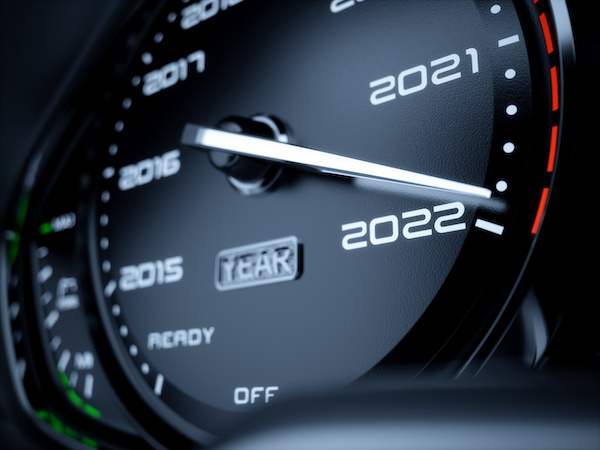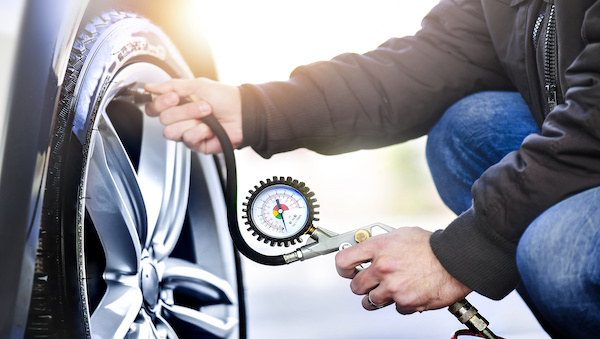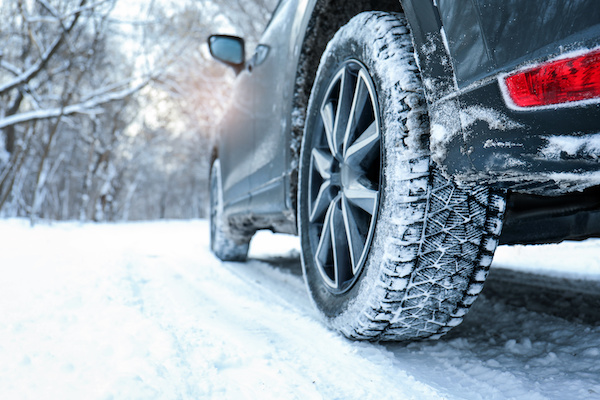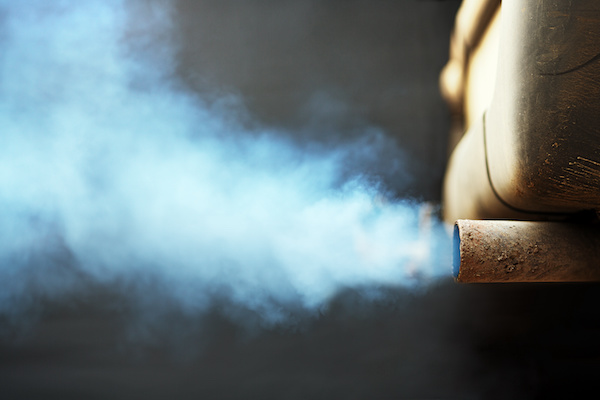Posted on 12/22/2021

2021 is quickly (and thankfully, for many) coming to a close. As this difficult year slips into history, it signals the arrival of the new year and all the potential and opportunity housed within it. People around the world consider new year's resolutions during this season, making promises to themselves or loved ones, setting goals, and orchestrating change. Your new year's resolution for 2022 doesn't have to involve weight loss or monetary gains, as is commonly (and perhaps annoyingly) seen on social media. It can be simple, and it can involve something you're passionate about, such as your car. Change is change and progress is progress, however big or small. Below are some suggested new year's resolutions for your vehicle, feel free to utilize them and tailor them to your needs as necessary. Happy New Year! 1. Stay on top of cleanliness. Car cleanliness involves washing the outside as well as keeping the inside clean. Remember: concrete goals ... read more
Posted on 11/29/2021

There's no doubt that you should always fill your car, SUV, or truck's tires to their proper psi (pound per square inch), which is the standard increment for air pressure of tires in the US. The psi suitable for your car's tires is generally found on a sticker in the driver's door jamb or the owner's manual. So why is this emphasized so much in the automotive industry? Proper tire inflation will give you ultimate control of your vehicle, give you a more comfortable ride, give you better gas mileage, and allow your tires and car to last longer. Things to Note About Proper Tire Inflation: The pressure in your tires must meet the psi recommended by the tire manufacturer. It would be best to do tire pressure checks as often as possible using a reliable tire pressure gauge. You should carry out the procedure in the morning before you drive to get a more precise reading. Temperature can significantly alter your tire pressure. For instance, when it is cold, pre ... read more
Posted on 10/26/2021

Now that it's fall, winter is right around the corner in Burnt Hills, NY. Now is a prime time to consider which tires you need. All-season tires may be exceptional year-round but may not be the best for the winter. What Are All-Weather Tires? As the name of the tires suggests, all-weather tires enable you to drive in all types of weather conditions. The tread designs of all-weather tires offer outstanding stability and traction. Additionally, the rubber in these tires allows them to remain efficient in multiple states. After all, these tires are designed to grip wet, dry, or snowy roads. Winter vs. All-Weather Tires By comparison, winter tires are designed to combat and trek on snowy and icy roads. Meanwhile, all-season tires deliver flexible performance in different conditions. All-season tires aren't suitable for driving in extreme snow, ice, and cold, while all-weather tires offer the best of both worlds - the additional traction in winter tires and the v ... read more
Posted on 9/28/2021

The state of New York is always hustling and bustling. The only con of living in New York is the air pollution. To minimize the pollution, the state of New York requires a smog check to go along with your safety inspection every year to receive an original registration or an annual registration renewal. By requiring New York residents to receive an emissions test, we can all have cleaner air to breathe. FAQs on Smog Checks/Emissions Testing in New York Q1: Which vehicles are exempt from smog testing? A1: If a vehicle falls into any of the following categories below, it does not need to pass a smog check: Vehicles older than 25 years old New cars less than two years old Electric vehicles Motorcycles Registered farm equipment Diesel vehicles weighing less than 8500 lbs Homemade or custom vehicles refurbished in the upstate area Q2: What is the difference between OBDII testing and low enhanced testing? A2: OBDII stands for On-Board Diagnostics Generation II test. This typ ... read more
Posted on 8/27/2021

Though it is only August, the brisk Autumn is creeping up on us in Burnt Hills, NY. Don't wait until the thermometer drops, as your vehicle could use a bit of practical maintenance after recovering from the summer. With the proper care, your car can take on the seasonal challenges that your vehicle may face. Here's a guide on everything you should mark off on your end-of-summer maintenance checklist. HERE'S WHAT TO DO 1. Start with a complete inspection. An inspection is an excellent place to start, as the diagnostics will help you hone in on precisely what your car or truck needs. A vehicle inspection will likely include essential checks and tests on your battery, fluids, belts, engine hoses, lights, and more. Keep in mind that some of the issues with these parts can worsen when the temperature falls! 2. Examine your tread depth. Your tread depth should always be at least 2/32". Otherwise, your vehicle may be in danger, regardless of the seaso ... read more